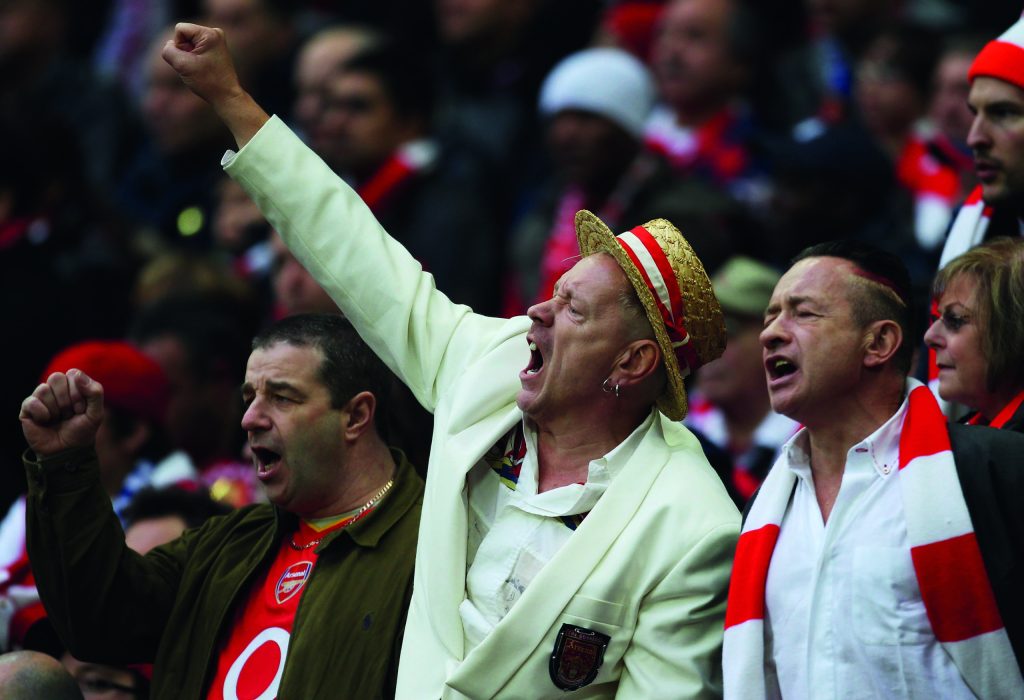Referring to the precarious future of the Union of England and Scotland, the authors of Englishness: The Political Force Transforming Britain conclude with the observation that ‘it is hard to imagine that any break-up would not be the source of regret and recrimination’. I imagine Boris Johnson, even though he has a pandemic to handle, thinks of this with increasing force. There would be few faster routes from office for him than to awake one morning to find he had presided over the end of the Union. In May, the Scottish elections brought another Scottish National party victory, with calls from its Maoist leadership for another referendum. If Johnson refuses one, he risks aggrieving Scotland, as Ireland was aggrieved until the creation of the Free State; but if he agrees, he risks, given his and his administration’s deep unpopularity in Scotland, wrecking the United Kingdom.
How far that would be the fault of English nationalism is another matter — and it is not entirely clear whether it is this book’s purpose to argue it. The authors try to answer the old question about what Englishness actually is, and with the aid of the Future of England Survey and the numerous questions it has posed, it probes an issue increasingly pressing in recent years: the changing balance between a sense of Englishness and a sense of Britishness. They conclude that the growing sense of Englishness is not a rejection of Britishness by the English: it is an affirmation of a national identity that the English, first, willingly allowed to be subsumed into Britishness, and have now only retrieved, prompted by Scottish nationalism, with a reluctance fed by the association by the ignorant and mischievous of English nationalism with racism and the shaven-headed, brutal far right.
The trouble with defining Englishness is that every English man and woman has a clear idea of what he or she thinks it is — and rarely are two the same. Some responses to the Future of England Survey suggest what makes the English feel English — other than the obvious measure of ethnicity. The creation of an English citizenship, which would perhaps come in the event of a broken Union, would demand the redefinition of the word. For now, people recognize a sense of historical continuity, rooted in institutions, notably the monarchy. Then there are less obvious features, such as the national sense of humor, sports and so on.
This is a dry, academic survey and it will not boost the form’s reputation for humor or for fine writing; its documentation is exhaustive, as is the literature consulted. The occasional contention is raised with which not all will agree, such as ‘the politicized English identity’ being about ‘a desire to return to the past’. If by the past the authors mean 1706, or even 1603, they may be on to something. The rise in the numbers who regard themselves as English first and British second — who put their ethnicity before their citizenship — seems prompted by the assertion of the Scottish identity by people who would rather not be left stranded without one of their own. It is more complex than the idea that England is by far the dominant constituent of the British Isles, or that the English liked a relationship where England called the shots and the Scots, Welsh and Irish knew their subordinate places. I’m not sure it was ever like that — and the authors are not so crude as to say so, but any reference to a preference for the past alludes to the ‘nostalgia’ insult cast at Brexiteers, who apparently wanted to forsake the EU so they could go back to the British Empire — or something like that.
This book seeks partly to explain Brexit: there is a high coincidence of those English who think of themselves as English and those English who were Brexiteers. But surely that is nonetheless a separate issue from the pursuit of an English identity by those who feel the Scots, by their attempt at separatism, are destroying the British one. And while this book does not set out to be a work of propaganda, it does soft-pedal some of the big issues of the past 25 years. In 1999 I wrote a book called Nor Shall My Sword about the need for a benign English identity; I forecast one would be necessary because the Scots, post-devolution, would magnify their own identity and be bribed to stay in the Union, and the English would resent this special treatment. All this came true, as did my prediction that the SNP would assume control of Scotland and fight for complete independence.
But the authors might also apportion blame where it is due. It was the Blair administration which arrogantly believed it would be creating a one-party Labour state in Scotland, who pushed devolution and laid out the road to independence. Gordon Brown, who has been hand-wringing for years about the importance of ‘Britishness’ and who harangued David Cameron for (quite rightly) talking on the morning after the 2014 Scottish referendum about the rights of the English, has never admitted his own responsibility for the perilous state of the Union. Labour has been obliterated in Scotland because the natural Labour vote there, faced with choosing homegrown hard leftism or that offered by a party based in London, chose the former. The Labour generation of which Brown was such an ornament stimulated English nationalism, and the English should thank him for it. It will not break the Union — Scotland will do that — but it will continue to enhance the view the English take of themselves.
This article was originally published in The Spectator’s June 2021 World edition.

























